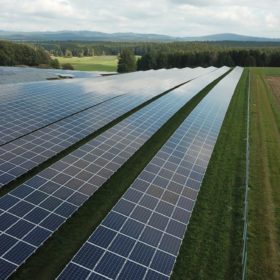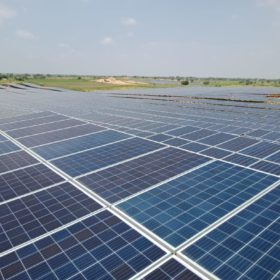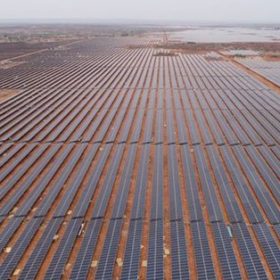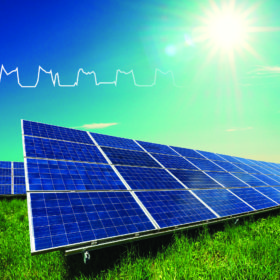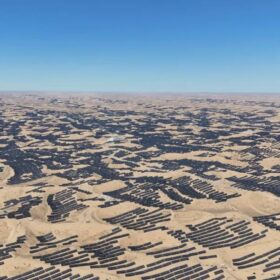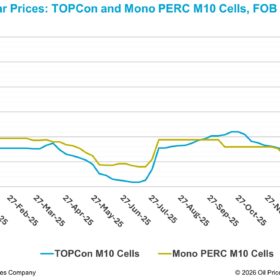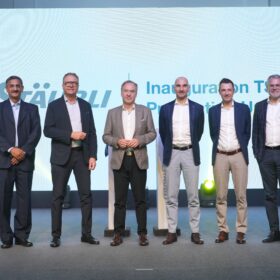The world has 53 million hectares of abandoned cropland suitable for solar PV deployment
Researchers in Norway have mapped all cropland areas that were abandoned between 1992 and 2015 and found that the vast majority is suitable for PV and bioenergy deployment. Around 30% is located in Asia, followed by the Americas, with a 28% share, and Africa, with a percentage of 22%. Europe and Oceania had shares of 20% and 5%, respectively.
Novel financing model gives competitive advantage to international renewable energy players
India Ratings says innovative measures to mitigate financing risks, optimize financing costs, and reduced currency risks leading to higher equity returns and better coverages provide international renewable energy players an edge over domestic peers.
SJVN, IREDA sign MoU for green energy projects
As per the agreement, the Indian Renewable Energy Development Agency (IREDA) will undertake techno-financial due diligence of renewable energy, energy efficiency and conservation projects for state-owned hydropower producer Satluz Jal Vidyut Nigam Ltd (SJVN).
India’s path away from climate disaster lies in the rapid growth of renewable power
The nation is already firmly positioned to lead the world in the clean energy revolution. Consolidating this position would unlock significant economic growth and competitiveness by attracting domestic and foreign investment, creating jobs, and improving public health.
Gujarat tenders for 159 MW of solar EPC work
EPC contractors have until December 24 to bid for development of a cumulative 140 MW (AC) solar capacity across Gujarat Energy Transmission Corporation Limited’s substations, and 15 MW plus 4 MW (AC) at Charanka Solar Park.
SJVN seeks installers for at least 100 MW of solar
The state-owned hydropower producer has issued an Expression of Interest (EoI) to select potential engineering, procurement and construction (EPC) service partners for building solar capacity of at least 100 MW (AC) anywhere in India on a turnkey basis.
INR 2.0/kWh tariff is a new milestone in Indian solar PV history
The minimum solar tariffs discovered fell by 131.5% over the last five years, with an 18% drop achieved in the last five months alone.
CERC calls for proposals to study useful life and CUF of solar projects
The regulator has sought a detailed study after it received requests for reconsidering the useful life and capacity utilization factor (CUF) of solar projects as notified in draft regulations 2020.
The market for hybrid energy and storage
“Efficient and economically viable energy storage, and optimal hybridization, are crucial for ensuring the expansion of renewable power generation both at the grid and micro-grid scale,” says Deepak Thakur, chief executive officer for the hybrid and energy storage business of Sterling and Wilson. He has spoken to pv magazine about the accelerated proliferation of renewables-plus-storage across markets.
SECI tweaks 100 MW solar-plus-storage Chhattisgarh tender
The Solar Energy Corporation of India has issued amendments to the procurement and extended the bidding deadline a second time.


